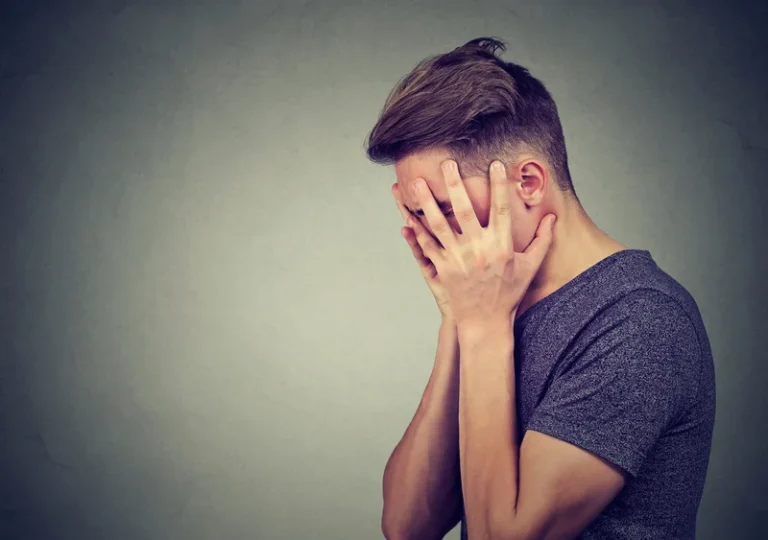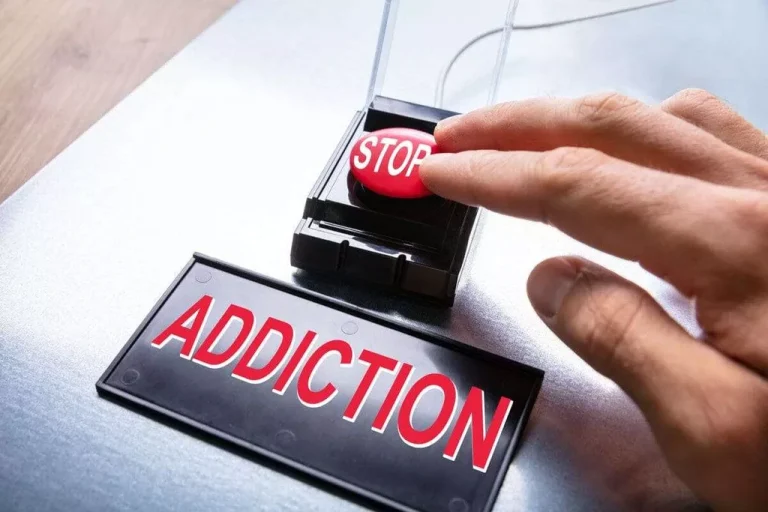
Experiential therapy should always be used in conjunction with traditional alcohol and drug treatment programs and not be the only form of treatment. Other goals of group therapy include gaining inspiration through the recovery of others, self-identifying as a recovering addicting, and examining core values. Participants support and nurture each other like a family by reinforcing good behaviors and helping each other cope during difficult tasks. These groups further encourage exploration of emotional and interpersonal conflicts, confrontation about denial and harmful behaviors, and discussion about responsibilities and limitations. They add structure to chaotic lives and provide a safe environment in which to practice newly developed skills. Through the group dynamic, clients foster hope and examine core issues that exacerbate their addictive disorders.
Cognitive Restructuring Activity
All group therapy programs have to be aware of the ethical considerations as well as the special challenges that their groups will face, recovery groups are no different in this regard. Add one activity that would help you improve your physical, emotional, mental, or spiritual health. For example, you might decide that you will exercise instead of sitting on the sofa while watching television. Tell members to report if they followed through at the next meeting.
Juu 5 Reasons Why People Decide Not to go to Rehab
- They provide a safe environment in which members can practice newfound interpersonal skills and behaviors.
- Effective group leaders can help create an environment where members can challenge each other in a productive manner while practicing these life skills.
- If you let a behavior persist, hoping it will eventually stop, you’re sending the message that it’s okay, not only to the person who is disruptive, but to the entire group.
- Group members can later challenge their anxious thoughts by living in the moment, remembering to pay attention to the present, and learning how to stay present.
- Maintaining motivation for sobriety is pivotal in the journey of recovery.
In group sessions, leaders teach the real-time practice of mindfulness to shift someone’s thoughts around addiction or mental health issues to prevent relapse and act as a form of treatment. Group therapy, in the form of recovery groups like Alcoholics Anonymous, is common for recovering addicts to attend after rehab and is an important part of the recovery journey. Through group therapy, you can build trust with others, develop supportive networks, and learn how to deal with triggers and cope better with day-to-day life. Whether it’s 12-step meetings, SMART Recovery, or group therapy, these services are a crucial part of drug and alcohol treatment programs and aftercare support.
Substance Abuse Group Therapy Activities
Each person can reflect and write down what they would want to communicate. Sharing these messages within the group can foster vulnerability, connection, and personal growth. Personal heroes can serve as powerful sources of inspiration and motivation. In this activity, each group member is invited to share who their personal hero is, what that person means to them, and how they can strive to embody the qualities of their hero.

Additional Types of Experiential Therapy
To encourage helpful discussions, some recovery groups toss around question balls. Mindfulness is the practice of observing the present moment without judgment. It can boost your sense of well-being and help you cope with drug cravings and other recovery-related challenges. As with all therapies, continuously assessing the efficacy of group activities and participants’ progress is vital for tailoring interventions. Facilitators must implement methods for evaluating group dynamics, individual growth, and overall outcomes. Regular check-ins, anonymous feedback mechanisms, and collaboration with participants in adjusting the group’s direction contribute to its effectiveness.
Join Over 3000 Other Mental Health Pros
During your time at drug and alcohol rehab, as part of an effective treatment plan, you will be expected to take part in group therapy. Our caring admissions navigators are available 24/7 to answer your questions about what to expect at rehab, levels of addiction treatment, group activities for addiction recovery and how to start the rehab admissions process. As individuals continue in recovery group activities, they begin to develop very strong bonds with one another. The implementation of new and challenging activities for group members helps to strengthen those bonds.
Problem-Solving Practice
- After a few minutes, end the exercise and allow everyone to share their experience.
- Hosting weekly workshops that cover different aspects of addiction recovery can be very insightful.
- During a mindfulness meditation, group members focus on their breathing and treat their thoughts like passing clouds.
- Participants need assurance that their personal stories and struggles will not be shared outside the group.
Group therapy is an evidence-based treatment for substance use and mental disorders. An effective group calls for a skilled clinician to meet treatment standards. This resource guide provides practical information and tools for group therapy for mental health practitioners. Within support groups that you may attend after rehab, the sessions are usually guided by volunteers. These group leaders are often fellow recovering addicts and can speak with good authority on the issues people are going through.
- There is help available to you if you or a loved one has a physical dependence or psychological dependence on a behavior or substance.
- Write questions or statements related to the group topic on masking tape and place them randomly around the beach ball and pass it around to group members.
- Lock and key activities can be fun to break the ice and allow peers to connect and share their experiences.
Cognitive Behavioural Therapy Shown to Significantly Reduce Symptoms of Body Dysmorphic Disorder
Professional associations, such as the American Group Psychotherapy Association, have developed best practice guidelines based on scientific data and clinical research. The Association for Specialists in Group Work created best practice guidelines for group work and guiding principles. Below are 50 activities that many recovery groups utilise to help people with their drug addiction and alcohol addiction. Also, please leave a comment below if you have other ideas, or would like to add to the discussion. Much like music, artistic activities can help people relax and focus on something soothing, which aids in recovery and healing. Afterward, participants may be invited to share any surprising or revealing thoughts they had, if they feel comfortable doing so.


We also offer psychoeducation groups on a specific topic related to addiction or mental health. These exercises help you prepare for challenges before they happen and build confidence skills that will help you handle any situation that arises in the real world. There are a variety of trust-building exercises used in group therapy. After a major blow-up (and once everyone is calm), it can be beneficial for the group to process it with the person who escalated. Group members can empathize/relate, share their observations and/or how it made them feel, and offer feedback. This guide provides detailed instructions for each activity along with thought-provoking discussion questions.
Mental Health Worksheets
To play this game, one group member must demonstrate a feeling using only body language and facial expressions. During a mindfulness meditation, group members focus on their breathing and treat their thoughts like passing clouds. In other words, they acknowledge the thoughts without judgment and then gently return their attention to their breathing. Zaidi ya hayo, they help new members view the group as an open, supportive environment. These groups use a variety of activities to help people recover together.
